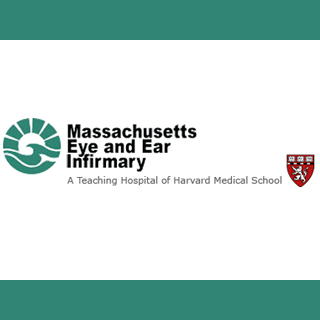
The study seems to divulge that the development of the auditory cortex is believed to be weak if it is not given suitable incentive at the correct time. It is apparently known that degraded sensory experience during crucial episodes of childhood development may have disadvantageous consequences on the brain and behavior.
“An analogous problem may exist in the realm of hearing, in that children commonly experience a buildup of viscous fluid in the middle ear cavity which can degrade the quality of acoustic signals reaching the brain, which has been associated with a long-lasting loss of auditory perceptual acuity,†commented, senior study author, Dr. Polley.
Dr. Polley and his colleague Dr. Maria Popescu from Vanderbilt University apparently executed a technique to reversibly obstruct hearing in one ear in infant, juvenile and adult rats and subsequently observed as how the portions of the brain included in hearing seemed to be influenced by the momentary hearing loss.
They supposedly noted that the brief hearing loss in one ear appeared to deform auditory patterning in the brain, impaired the deprived ear’s representation and reinforced the open ear’s representation. The extent of restructuring was thought to be most striking in the cortex and not ‘lower’ portions of the central auditory pathways. Also it is said to be more distinct when hearing deprivation starts in infancy as compared to later life. Thus it seems that maladaptive plasticity in the developing auditory cortex could trigger ‘amblyaudio’, in a similar manner to the contributions of visual cortex plasticity to amblyopia.
Dr. Polley stated, “The good news about amblyaudio is that it is unlikely to be a permanent problem for most people. Even if the acoustic signal isn’t corrected within the critical period, the mature auditory cortex still expresses a remarkable degree of plasticity. We know that properly designed visual training can improve visual acuity in adult amblyopia patients.â€
The expert further mentioned that they are now gearing up to study whether auditory perceptual training may also be a promising approach to accelerate recovery in individuals with unresolved auditory processing deficits stemming from childhood hearing loss.
The study was published in the journal Neuron.
